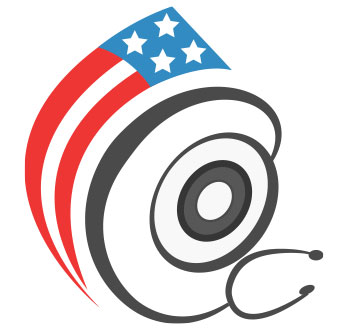Avian influenza is an infection caused by bird flu viruses. Occurring naturally amongst birds (domesticated and wild), the virus is carried in their intestines. Avian influenza is very contagious among birds and can make domesticated birds like chickens, ducks, and turkeys very sick, eventually killing them.
Avian Flu Symptom In Birds
Infection with Influenza viruses causes two forms of disease which can be distinguished by low and high extremes of virulence. Low pathogenic have mild symptoms such as ruffled feathers, a drop in egg production and respiratory signs in birds. High pathogenic kinds spread more rapidly through flocks of poultry.
Avian Flu Symptoms In Humans
The avian influenza virus does not usually infect humans, making the risk factor from "bird flu" generally low to most people. In humans, most cases of avian flu infection have resulted from direct contact with infected poultry (e.g., domesticated chicken, ducks, and turkeys) or surfaces contaminated with secretion/excretions from infected birds.
The symptoms of bird flu in people are similar to that of the regular flu: fever, sore throat, muscle aches, eye infections, pneumonia, and severe coughing and breathing problems.
How To Avoid Bird Flu
In Humans
- Stay away from living bird markets and local poultry farms.
- Avoid touching surfaces that could have been infected by bird saliva, feces, or urine.
- Wash your hands properly after handling your pet bird, cleaning its cage, or after having any contact with your bird's secretions.
In Pets
- Don't allow your bird to drink or eat from ponds or other places where migrating birds may have flown over.
- Keep your pet bird's cage clean.
Currently, there is no vaccine for the H5N1 virus. At present, medication can only help you fight the Avian flu virus, not prevent contraction. The medication most often recommended by physicians and governments is the
antiviral drug, Tamiflu.
The contents on DoctorSolve.com are meant to provide useful and relevant information. The information on our website is intended for educational purposes and may include text, graphics, video and other multimedia. The information on this website should not be used as a substitute for professional medical advice, diagnosis or treatment. Always consult your doctor or other medical practitioner before taking any course of action based on the information you find on DoctorSolve.com.






